Last year, leadership and parliamentary elections took place in more than 65 countries and territories with a population of about 4.2 billion, including the US, Japan, etc. This year, 2025, although the number of elections is much less, it still contains a lot of drama.
Among them, the most prominent are the elections in Europe - where there is a rise of far-rightism.
European far right
European elections this year promise major political changes from Germany to Romania, Poland and the Czech Republic that could shape the future of the European Union (EU).
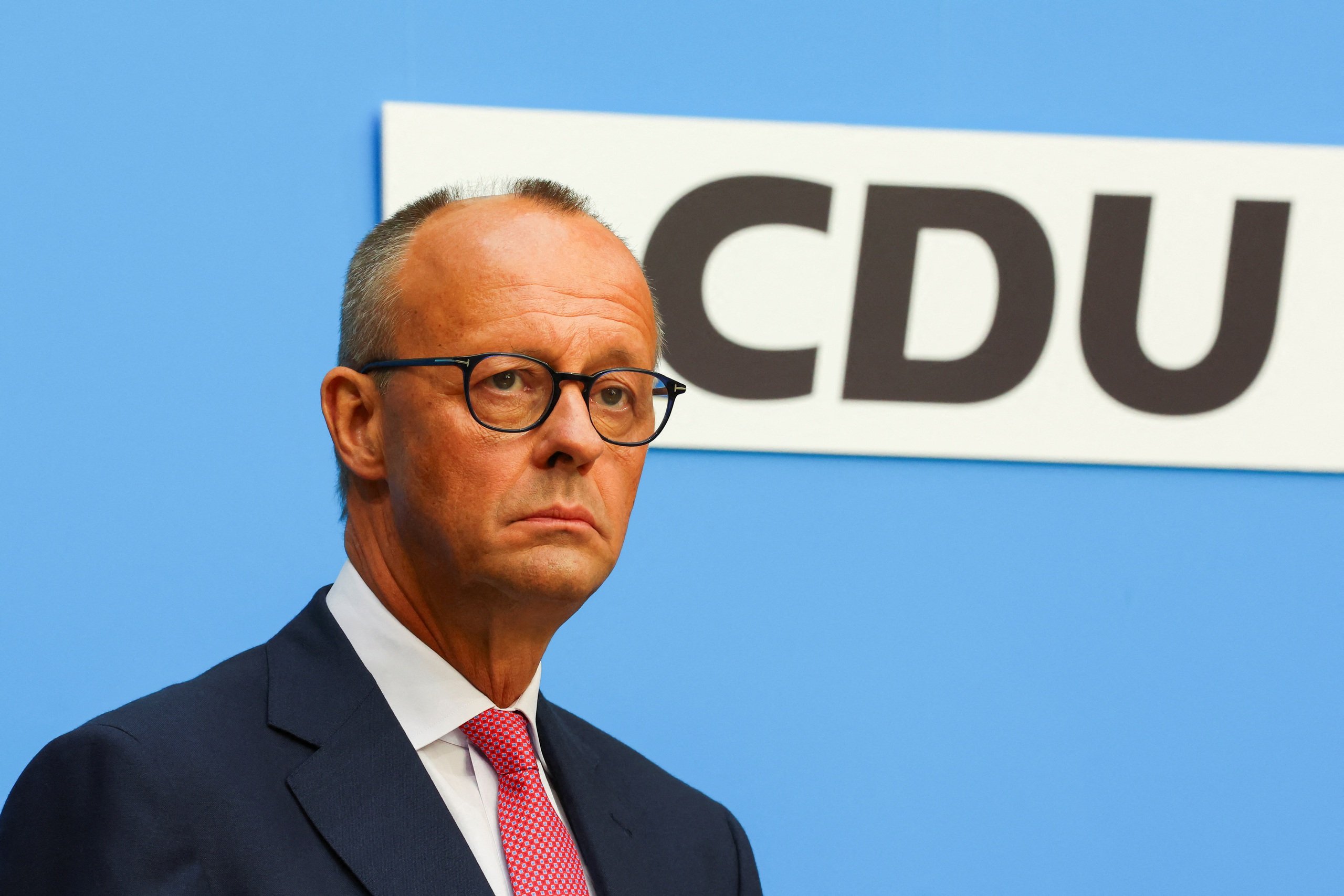
Mr. Friedrich Merz
Germany is expected to hold a general election at the end of February, 7 months earlier than planned. In Germany, the far-right AfD party has recently emerged as a new political force attracting the influence of public opinion in this country. According to Euro News , citing a latest survey, the AfD has a support rate of 20.5%, ranking second after the Christian Democratic Union (CDU/CSU) with a rate of 31%. The CDU is taking advantage of voters' rejection of the coalition of the Social Democratic Party of Germany (SPD), the Green Party and the Free Democratic Party of Germany (FDP). Currently, the CDU is led by Mr. Friedrich Merz, a potential candidate for chancellor and who is proposing a more economically liberal policy than the government under Angela Merkel, following a more socially conservative trend, such as on the issue of immigration.
Mr Merz, who rose to prominence during the German government of Helmut Kohl, is committed to a more integrated Europe. He wants to restore relations with France and Poland, has been critical of Europe's heavy dependence on the US and has called for the Taurus cruise missile to be sent to Ukraine. The Taurus is a powerful missile that many German politicians want to support in Ukraine. Meanwhile, billionaire Elon Musk (the boss of the US car company Tesla) has recently expressed his support for the AfD via the social network X, which could be a resurgence for the far-right party in Germany.
According to some forecasts, the CDU can form a governing coalition strong enough to maintain its political position against attacks from parties in Germany. Of course, the CDU needs at least two political parties to join. Meanwhile, the far-right wave remains a major challenge for Europe.
Also in Europe, Romania will hold new presidential elections in 2025. In 2024, the Romanian Constitutional Court annulled the first round of the election due to concerns about foreign interference in the vote, which saw far-right candidate Călin Georgescu - a supporter of Russia - advance to the second round.
Philippines Drama
While the far right is a concern in Europe, Southeast Asia is waiting for the Philippine elections, where a "battle for power" is taking place. In late November, Philippine President Ferdinand Marcos Jr. announced that he would respond to "reckless and troubling" threats against him. Earlier, also in the second half of November, Vice President Sara Duterte announced that if her life was threatened, she would have her superiors assassinated, according to Reuters. Ms. Duterte's threat was aimed at President Marcos Jr. himself.
In fact, the fierce dispute between the two major political families of the Philippines, the Duterte and Marcos families, took a dramatic turn after Vice President Sara Duterte said she had arranged for the assassination of Mr. Marcos Jr., First Lady Liza Araneta and House Speaker Martin Romualdez, the president's cousin.
At an online press conference after midnight on November 22, 2024, Ms. Duterte, daughter of former President Rodrigo Duterte - who is running to return as Mayor, announced a "declaration of war" against the incumbent president. Therefore, the competition between the Marcos and Duterte families has become the political future of the Philippines in the near future.
Will Ukraine have presidential elections in 2025?
Recently, in his annual press interview at the end of December, Russian President Vladimir Putin set a new condition for the negotiation agreement if reached. That is, Russia will only sign the agreement with a "legitimate government" of Ukraine.
This condition implies that Moscow does not recognize the government of Ukrainian President Volodymyr Zelensky. President Zelensky's term was supposed to end in 2024, but he postponed the election, citing the ongoing conflict. In addition, Ukraine is under pressure to hold a presidential election. Therefore, the question is whether Ukraine will hold elections in 2025?
Source: https://thanhnien.vn/nhung-cuoc-bau-cu-kich-tinh-nam-2025-185250103001001981.htm







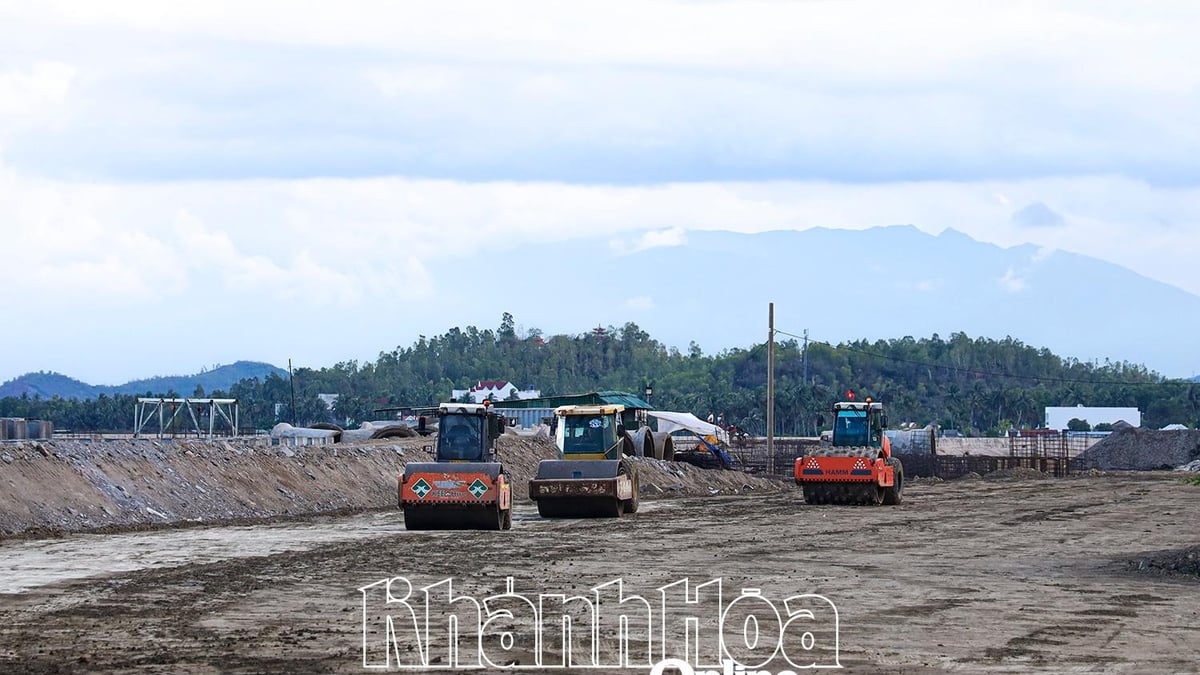























![[Photo] Signing of cooperation between ministries, branches and localities of Vietnam and Senegal](https://vphoto.vietnam.vn/thumb/1200x675/vietnam/resource/IMAGE/2025/7/24/6147c654b0ae4f2793188e982e272651)



















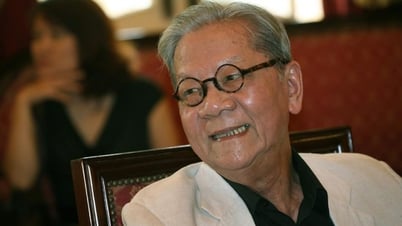










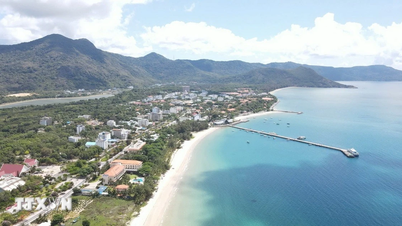







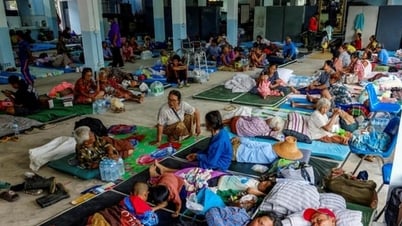
































Comment (0)